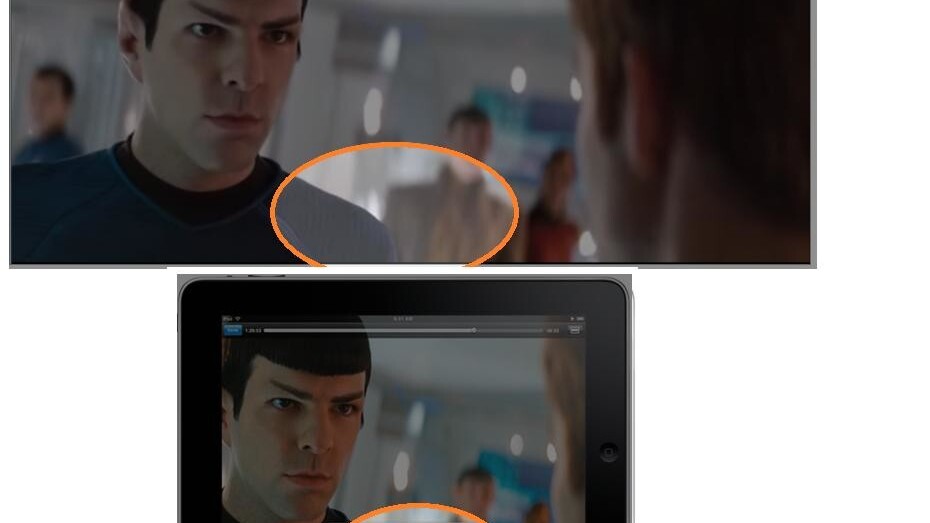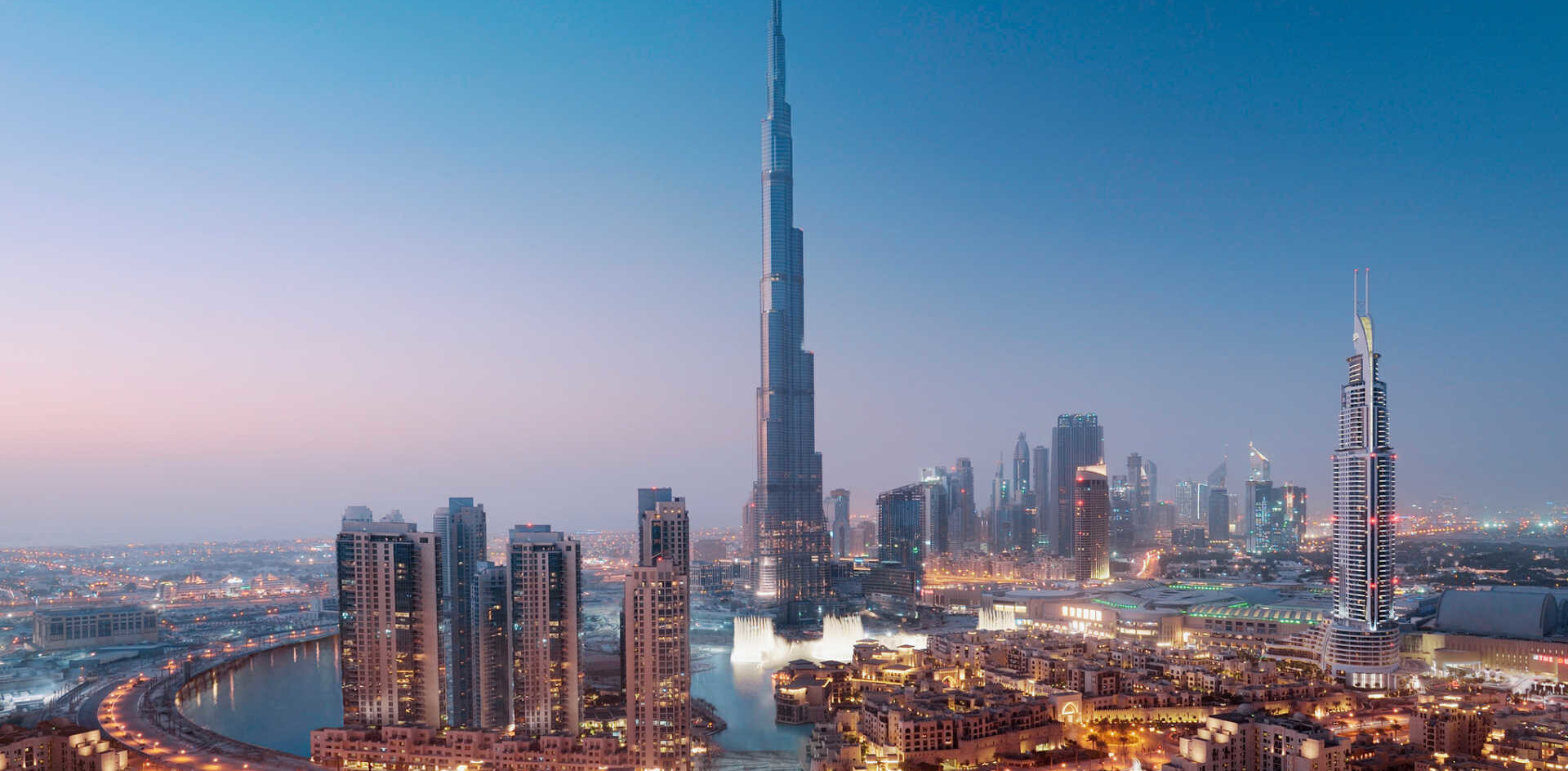
Founded less than a year ago by Jordanian-American entrepreneur Ahmed Al Khatib, MarkaVIP is one of the few exclusive online shopping clubs, bringing the concept of flash sales to a Middle Eastern audience. Al Khatib left the US in 2009, moving to the Middle East armed with 10 years experience in Silicon Valley, leaving behind his role as Director of Infrastructure and Operations at Zazzle.
Inspired by the success of a private online shopping club in Russia, Al Khatib found the business model he wanted to bring to the region, saying: “Russia is behind the Middle East in terms of credit card penetration and e-commerce, but they were able to succeed, so it was an inspiration to me.”
While group buying is on the rise in the region, MarkaVIP offers a very different experience of exclusive sales that are available only to members. To get in on the MarkaVIP deals, you can apply for a membership, or get a referral from existing members. “The exclusivity is that the sales are not available to anyone – you have to be a member of the website,” Al Khatib explains.
Discounts of anywhere from 40-70% are offered for a limited period and on a limited number of products, and as a result some of the products are sold-out in as little as half an hour. “It creates a hunting experience,” Al Khatib says, “and it also creates a sense of urgency. There’s a specific amount of time to make a decision, a limited quantity of the products, and so things can sell out very quickly.”
The success of MarkaVIP has been impressive, particularly in a region which Al Khatib describes as a virgin to e-commerce. In less than a year, the site has attracted about half a million members and is growing at a rate of 2,000 to 4,000 members a day. MarkaVIP now caters for the entire Gulf region (GCC), as well as Jordan and Lebanon, with plans to expand into the Egyptian market as well.
Of course, there are several factors that were taken into account when adapting the model for a Middle Eastern market. The site is offered in both English and Arabic, but more importantly, the logistics take in to consideration a few of the quirks and obstacles when dealing with e-commerce in the region. As far as payments are concerned, cash-on-delivery is a much needed payment method in the Middle East with online credit card penetration still relatively low. More importantly, MarkaVIP has ensured that there are distribution hubs in each of its local markets.
Al Khatib explains, “This is a customer convenience model, and in order to support that in the Middle East, you have to get rid of customs issues, government regulations and taxes.” Anyone in the Middle East who has ordered a shipment from an international e-commerce site is all too familiar with the extra charges that will come with that order, along with astronomical shipping prices. MarkaVIP bulk ships its products into each country, clears all taxes, customs and hidden fees, and ships the product to the customer for just $5.
That is not the only hallmark that sets MarkaVIP apart from other e-commerce sites, according to Al Khatib. “E-commerce sites are strong only in the GCC and have not proved their model in the B and C markets. We’re just as strong in Jordan and Lebanon as we are in the GCC.”
About 40% of the brands that are on offer at MarkaVIP are new brands that haven’t received any exposure. “We’re working with new, up-and-coming brands both in and outside the Middle East, which can’t afford to set up shop in a mall for example.” The rest of the products on offer are from major existing brands including top US and European designers.
As far as the future is concerned, Al Khatib hopes that governments will pay more attention to e-commerce. “It is much better for the economy, and I hope that they would look at the regulatory environment that would help companies such as ours to exist, since that environment isn’t optimized.”
Get the TNW newsletter
Get the most important tech news in your inbox each week.




